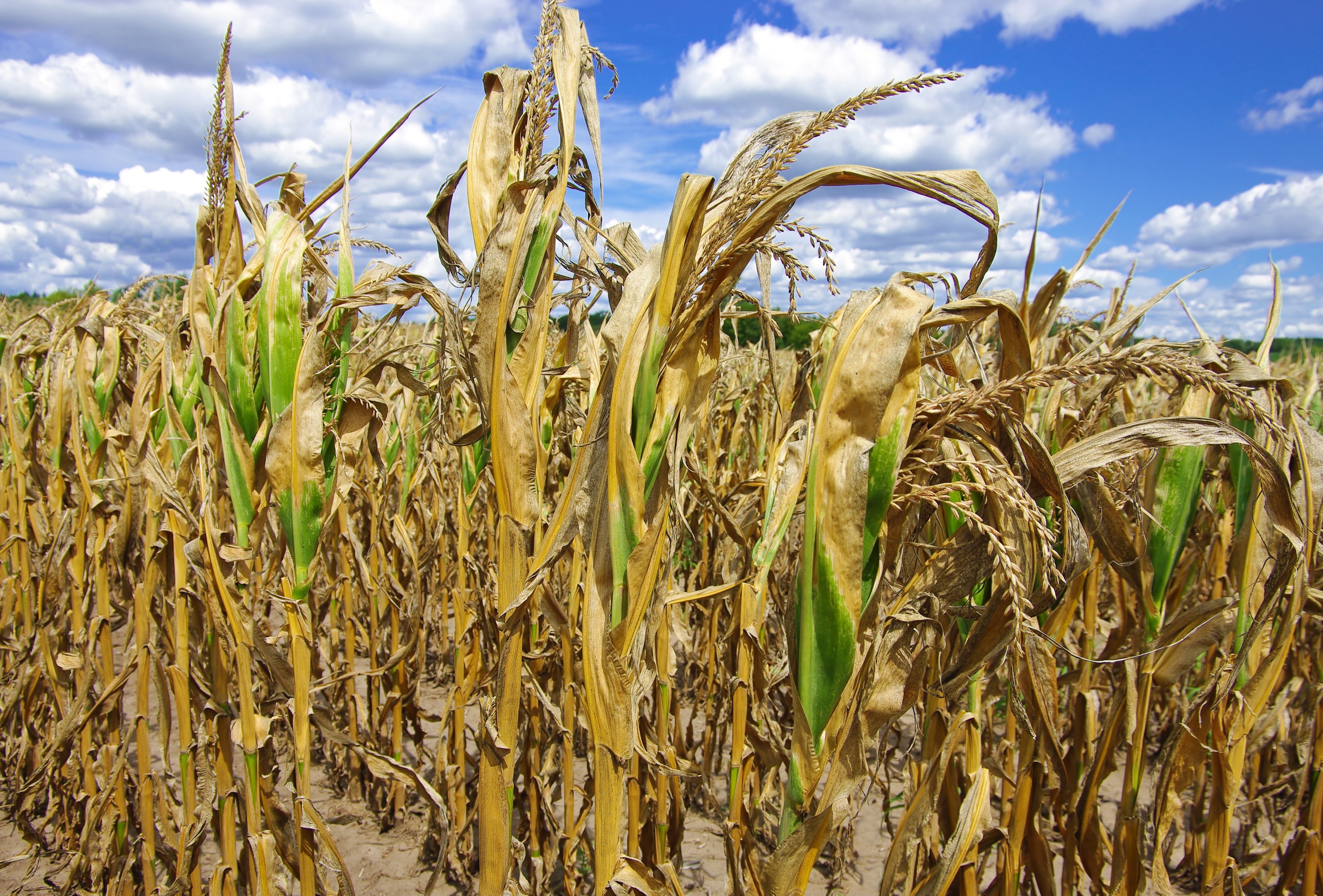Red states will be hit hardest by climate change – but Republicans don’t care
In America’s screwy political system in the post-truth era, Republican politicians typically rail against climate spending and even climate science, writes David Callaway


The climate world celebrated the passage of President Biden’s Inflation Reduction Act this week as the largest US investment to fight global warming in history became law, triggering $369bn (£312bn) in new spending on clean energy strategies.
But Republican opposition to the law – not one politician in either chamber of Congress voted for it – stood out as a singular, petulant, flip off to Mother Nature just as she begins to exert the full force of her environmental devastation. Much of it in their red states.
Even as Biden signed the bill into law, the federal government was imposing drastic water cuts in the American west and Mexico from the depleted Colorado River, targeting traditional red states Arizona and Nevada (despite their recent election record of voting for the Democrats).
A new study by the non-profit First Street Foundation also came out claiming that in less than 30 years a “heat belt” will settle over the midwestern US, from Texas to Wisconsin, where temperatures will routinely hit 100 F (37.8C), and at least one day a year hit 125F (51.7C). The belt is expected to cover a dozen states in the centre of the country, 11 of which are red states.
Yet in America’s screwy political system in the post-truth era, Republican politicians typically rail against climate spending and even climate science as a progressive extravagance set to take their jobs and kick inflation higher with more spending.
The audacity it takes to put one’s political interests ahead of the visible effects of that position on their home and constituencies is staggering. Yet now that we are moving from the era of climate culture wars to active defensive measures against global warming, the emotional politics employed by the party will be severely tested.
Even with the drought in the west, heatwaves in the south and east, and indiscriminate flooding across the country in places from Las Vegas and Death Valley to Kentucky and Missouri, climate change ranks poorly in voter priorities. That hasn’t changed this midterm season.
While it is mentioned more – often in bizarre references such as Rep Marjorie Taylor Greene’s (a Republican congresswoman for Georgia) assertion that solar and wind energy don’t work at night, everything pales, including abortion, to the traditional No. 1 issue of the economy as far as voters are concerned.
But here’s the rub. Global warming is becoming an economic issue, not just for the Feds and states, but cities, towns and individual neighbourhoods. The water cuts out west will impact $15bn (£12.7bn) worth of agriculture, reducing irrigation to farms and causing shortages of crops of all kinds. Water rationing, already in California and many western states, will soon become the norm.
Flooding and wildfires will soon leave vast amounts of homeowners without insurance, forced to depend on their states’ underfunded insurance rescue plans or the federal government for relief. In Europe this summer, facing unprecedented heatwaves, air conditioning is being rationed in Spain, hosepipe bans have been enacted in the UK, and energy production to electric grids in Germany and France frantically kicked up ahead of expected winter shortages.
The transition taking place now will move us from a 50-year period of debating the existence of climate change and the affordability of fighting it, to a period of real-world loss of resources and sacrifice, what experts call mitigation, the actual fight. While the Biden plan bets heavily on technologies such as electric cars, offshore wind, and carbon storage and removal to help us reduce future greenhouse gas emissions, the damage from the emissions we’ve already released is beginning to hit hard.
To keep up to speed with all the latest opinions and comment, sign up to our free weekly Voices Dispatches newsletter by clicking here
The culture wars era we are leaving behind will soon be viewed as a ridiculous time of apathy and stagnation as the political debate shifts to who gets saved and who doesn’t and what to do with climate immigrants. Voters will scramble to reset their priorities.
It’s not for nothing that Sen Kyrsten Sinema (a Democrat for Arizona) bargained for $4bn (£3.4bn) in drought relief for her state as part of her deal to approve Biden’s plan. That relief will get more and more precious as the coming disasters add up.
Scientists have argued for years that the cost of climate mitigation will be far higher in the future than it would be if we approved clean energy spending now. This past week, we reached an admirable goal in approving some of the spending needed over the next eight years to cut emissions by 40 per cent from 2005 levels.
But the environmental tab for the time we’ve wasted since Congress first rejected Rep Henry Waxman’s (a former Democrat congressman for California) climate bill 13 years ago during the Obama years is coming due, and it’s going to be far worse than thought, paid for in lives and livelihoods. Once Republican voters realize how bad they’ve been duped by their leaders, it will already be too late.
David Callaway is the founder of Callaway Climate Insights and former editor-in-chief of USA Today






Join our commenting forum
Join thought-provoking conversations, follow other Independent readers and see their replies
Comments